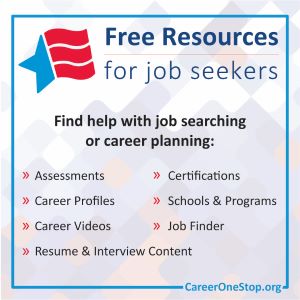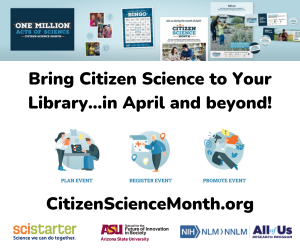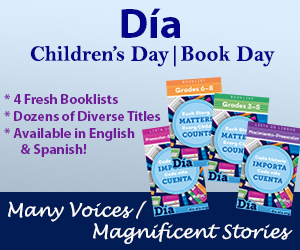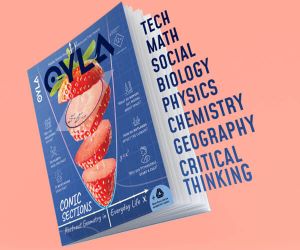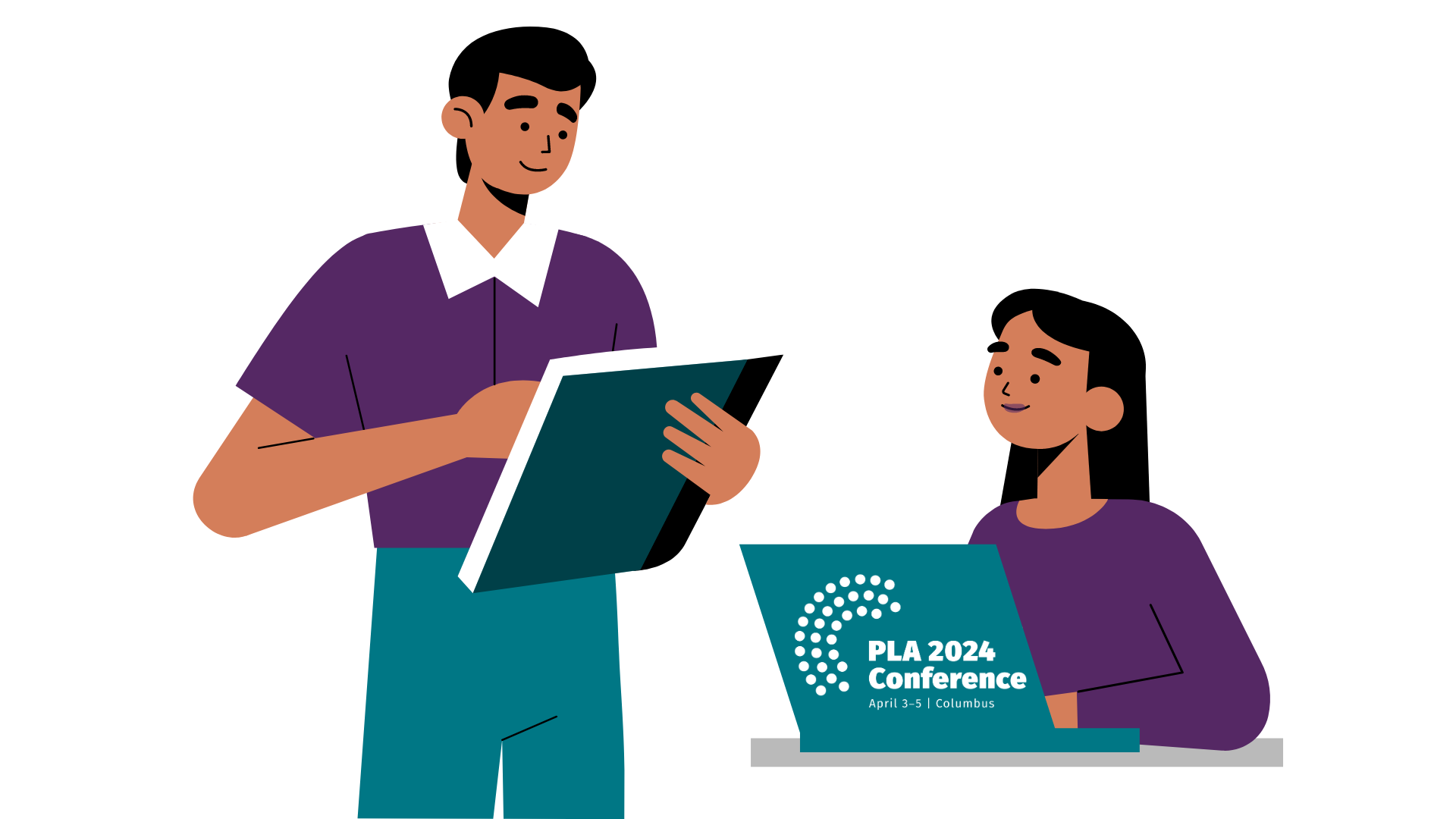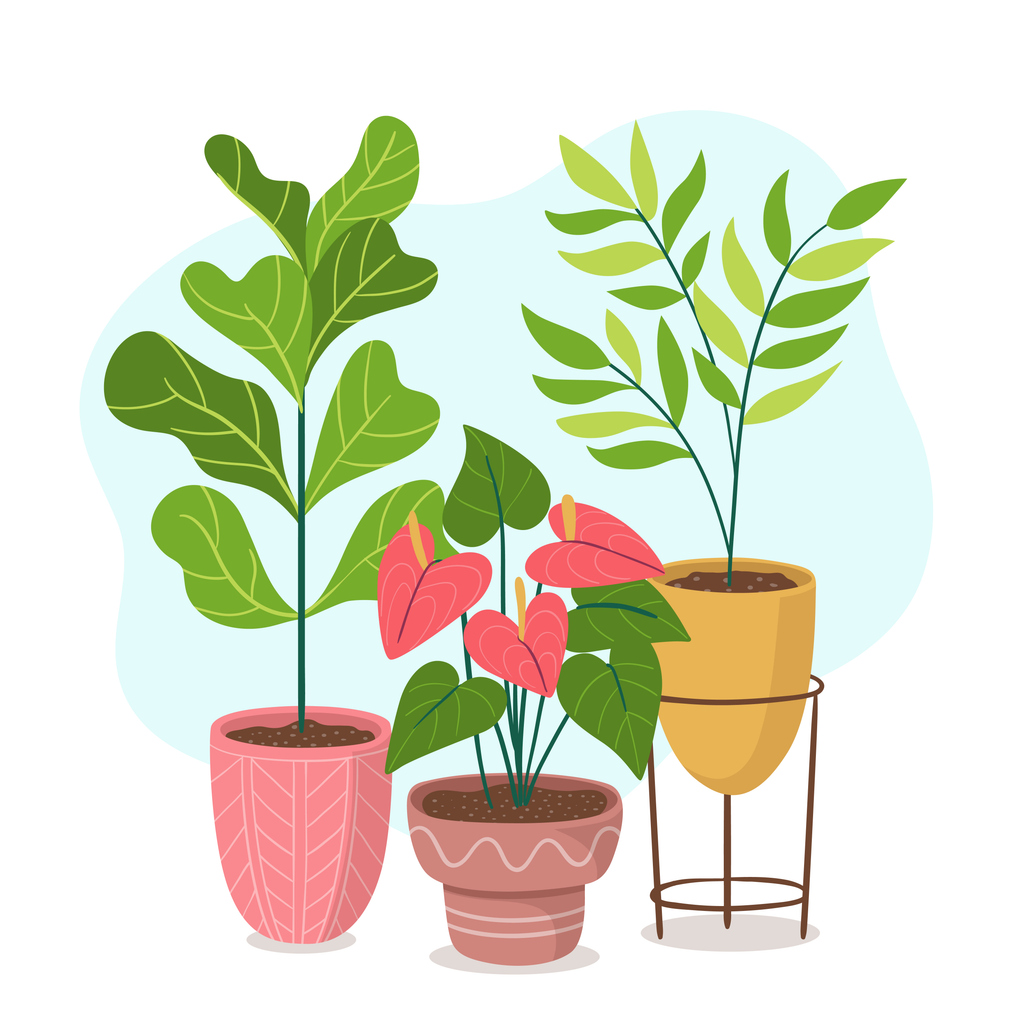Throwing Your Whole Self In: A Conversation With Henriette Lazaridis Power
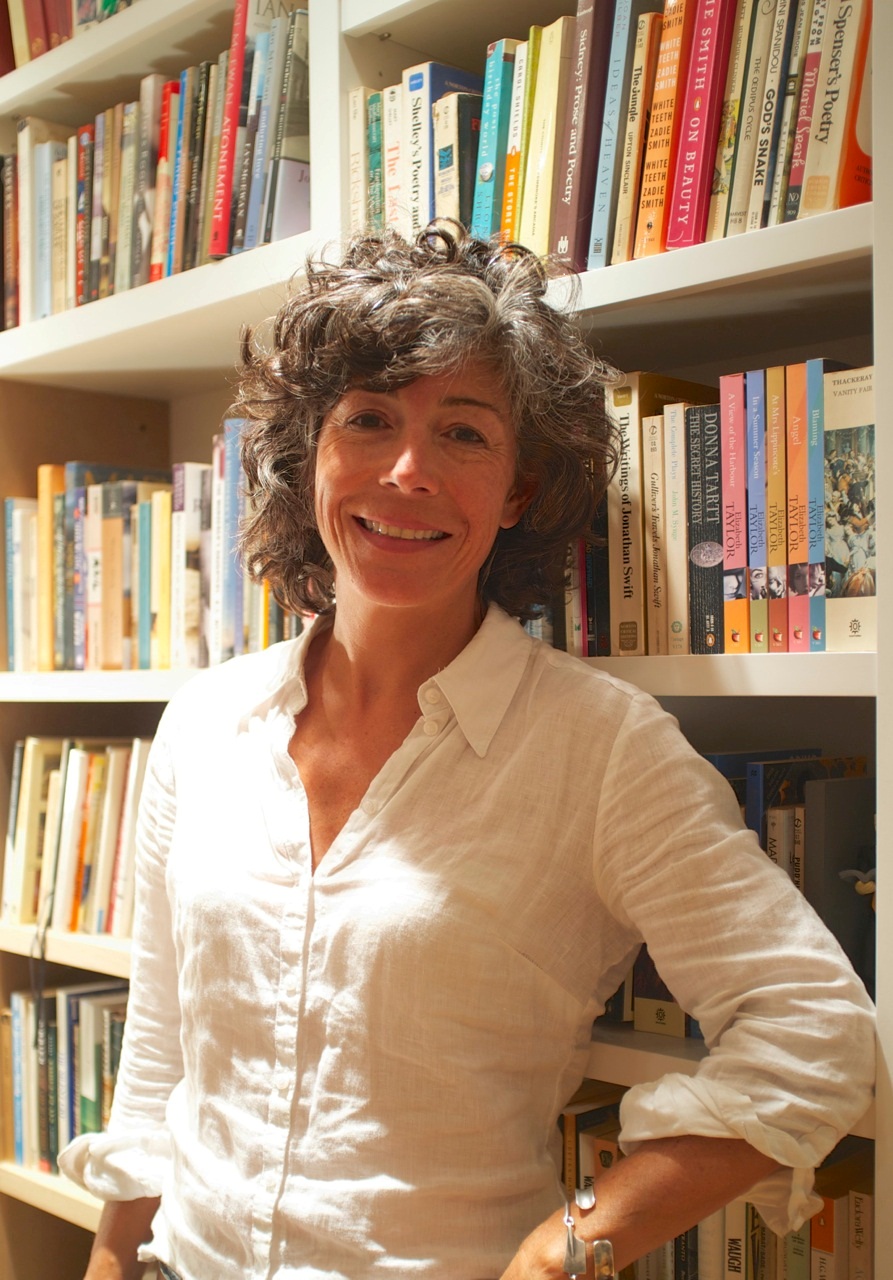
In Henriette Lazaridis Power’s The Clover House, Callie Brown, a young woman adrift both professionally and personally, receives news that her beloved uncle has passed away in Greece. For Callie, a first generation Greek-American, this news means a journey back to Greece and a reunion with her mother Clio, with whom she has a fractious relationship. In this absorbing debut novel, the reader steps into both women’s worlds: Callie’s first-person account of her trip back to Greece and Clio’s experiences during World War II. As Callie uncovers past family secrets, the mother and daughter are forced to examine some challenging truths about their lives. Brendan Dowling spoke to Henriette Lazaridis Power on February 21, 2013.
Public Libraries: I think most people in the US have a certain image of Greek life – whether it’s from the financial collapse, or movies, or just images of the Greek isles. But your book really shows the day-to-day life of Greeks, both in the year 2000 and during World War II. I know your parents are Greek, but how did you get all the details right?
Henriette Lazaridis Power: Well I spent a lot of time in Greece every summer when I was growing up, straight through many of the summers in college. I’d be there three months at a time, maybe fewer months when I got older. When you’re there you’re just immersed in Greek life. But I’ve lived and breathed Greekness both there and here. I’m an only child and my parents spoke Greek at home with me all the time so it felt like I was living in a little Greek bubble within the Boston suburbs.
I think also when you really love a place and the people in it you pay very close attention to the details of their lives. Especially being away from that place for the other nine months of the year, rather than give me a chance to forget the details, it made the details all the more powerful to me. It made them stand out and made me cherish them so that might be a reason why I have been somewhat successful in intimating them in the novel.
PL: You definitely get that sense in reading The Clover House of stories shaping somebody’s life, particularly in the role that the stories of Callie’s mother play in Callie’s life.
HLP: And that was an experience that I did have growing up both in Greece and here. When I was in Greece I was surrounded by my aunts – who were actually my mother’s cousins but we still called them aunts – and they had grown up together and we would always enjoy hearing them tell the stories of their childhood. And so I share with my protagonist that experience of being fascinated with a past life that you can kind of glimpse but you could never experience yourself except through these stories, which you just crave having been told them all the time.
PL:The novel has a dual plot, where we see Callie in the present day and then her mom during the war? Did you always know you wanted to tell the story from both of their perspectives? (the process of seeing both sides of the relationship)
HLP: That was a tricky part for me. Many years ago I felt this need to tell the stories of the war because those were the stories that I heard all the time from my mother [who grew up in Patras] and from my father, who had grown up in Athens. He had a very different war experience because he was occupied by the Germans so he saw the effects of the incredibly severe famine that Greece, particularly Athens, went through under the Germans.
But I knew their stories. I had seen their old photographs and I was very drawn to this material and wanted to do something with it. For a long time I toyed with the idea of telling a story that was in its entirety set in the Second World War. I tried that and it was sort of my “learner novel,” when I was switching careers from academia to wanting to be a novelist, and that one will never come out. (laughs)
Then I tried having this daughter character tell the stories that she had heard from her mother, so kind of coming close to this current protagonist. But I was trying to tell it through this neurotic unreliable narrator that I realized was too alienating even for me as the writer.
I was working on another manuscript for big chunks of this time and I would come back to these stories trying to figure out how to tell them. I finally decided that the frame was going to be much more important to me than the Second World War material because I wanted to write about the experience of someone trying to understand what had happened. So the character of the protagonist, Callie Brown, became much more important. Once I had her, I had a way into the World War II stories.
And I realized that I needed to tell the story of the novel with both of those narratives. I needed to show what actually happened in this fictional reality as well as show my protagonist trying to figure out what happened and sometimes coming close but veering off into a mistake and sometimes getting something right although she might not realize that she had gotten it right.
PL: The dual narrative puts the reader in a fun position where they know more than the protagonist does.
HLP: Yeah. I wanted the reader to know what really happened. To me it’s poignant when you see a character struggling with something that you can see the solution for and they can’t. But they can come close!
PL: I was struck in reading this by how much I don’t know about the Greek experience during World War II and my guess is a lot of readers don’t know a lot about it as well. Were you aware that you were filling a void or correcting an assumption about Greek life while writing the book?
HLP: I was. All Greeks have this little speech we make that says, “Did you know” – you have to imagine a Greek person gesturing – “Did you know that because the Greeks defeated the Italians in Albania, Hitler had to take over the war in Greece and was thus delayed in departing for Russia and was stuck in Russia and therefore turned the tide of the entire Second World War because he wasn’t able to start his Eastward march until the weather became a real factor?”
So Greeks are very proud of this. And in fact Greeks defeated an Axis power because they defeated Italy. Not a lot of people know that. Not a lot of people know about Greece’s occupation. I don’t address the famine in the novel because it didn’t affect Patras as much as it did other parts of Greece. It didn’t affect my protagonist’s family because they had access to food that they were growing themselves on their farm. But the famine was so profound. Oxfam was actually founded by Oxford students to relieve the famine in Greece during the Second World War and of course endures to this day.
And also, nobody is going to go to Patras for tourist reasons. You’ll pass through it if you’re backpacking through Europe and you have to come down through Italy to get to Greece. But you won’t stay in Patras. It’s a city I love dearly: my mother grew up there, I spent a lot of time there, it has places I love tremendously. It’s a scruffy city, and I wanted to bring it into the limelight a little bit. The Carnivale that takes place in Patras is very unique. Carnivale takes place throughout Greece but the Patras Carnivale is televised on live television throughout the nation. It’s a very important event in Greece.
PL: That’s funny you say it’s not a tourist destination because I really wanted to go to Carnivale after reading the book.
HLP: Carnivale is fantastic! I highly recommend it for adventursome tourists who want to see a festival that is still very homegrown and very community driven and community oriented. It’s a wonderful spectacle and a wonderful demonstration of a small community’s culture
PL: The book also has a very pragmatic and unsentimental view of mother-daughter relationships. I don’t want to give anything away, but what were the challenges in terms of not offering any easy resolutions to your characters?
HLP: What I wanted to convey was a difficult relationship, but I didn’t want it to be only that. I wanted readers to see that the mother character, Clio, is a nuanced character who, though she is a very difficult person, is actually at certain points able to give her wayward daughter some important insights into her own personality and some important advice which the daughter, Callie, doesn’t necessarily take immediately
I think the challenge was to depict a relationship that was strained and difficult but not go whole hog into that. To show that even those kinds of [difficult] relationships can still involve parenting and mothering. I don’t think there are easy resolutions between mothers and daughters when they have strained relationships like that. I wanted the book to offer an example of not quite a reconciliation, or even forgiveness is a little bit the wrong word, but I wanted to offer an experience of some connection at the end of the novel.
PL: You also work with the literary magazine, The Drum. Can you talk about that?
HLP: I am a huge believer in the inherent theatricality of writing. Both as a practical tool because I read everything aloud – if it sounds right. In a short story I once changed a character’s injury because I needed a two syllable word at the end of the sentence, so she couldn’t have injured her knee she had to injure her ankle. These things matter to me!
And I love listening to audiobooks when they’re very well done and I love the theater. And so I began thinking, Shouldn’t there be a literary magazine that does for short fiction and essays what Audible, for instance, does for novels?.
I cast about a little in late 2009 to see who was doing that. There were a few magazines that were doing bits and pieces of audio at the time. There was one place that folded that was doing all audio but they were doing poetry. And I thought, well there’s a niche. I can launch this magazine.
We publish new short fiction and essays and occasionally a novel excerpt exclusively as an mp3 with the author reading the work aloud. We work with authors, usually it’s remotely because we’re getting submissions from all over the US and abroad. We guide them, “You’re not a writer anymore, now you’re an actor so you have to do this, this, this, and this to turn your writing into a performance.
We think we do a nice job of getting stories to come to life in this magazine. The great part about it is you can download a story, something you would find in a literary journal and you can listen to it at the gym. It doesn’t have to sit there in the print literary journal. You have the convenience through the technology of the mp3 that can take literature out into the world.
PL: You’re also a competitive rower. How has rowing shaped your writing?
HLP: A huge amount. It actually plays an incredibly important role for me. Sure there are times when I’m out on the water and something clicks in my head because I’m thinking about what to do next with the novel and I realize, “Oh that’s what it is!” But that can happen with anybody’s sport or hobby when your brain is idle in some way: you find the solution.
For me the big lesson I’ve gotten from rowing that has transferred very powerfully in my writing is the idea of going for broke and taking risks. There was a period of time when I first switched from being an academic to trying to write full time where I really didn’t take myself seriously. I used rowing as a distraction. I would say, “Well I would have gotten more writing done if I hadn’t trained so hard today.” Or, “Writing is such a weird business – you never know if you’re going to succeed, but hey, I raced this weekend and I came home with a couple of medals.”
But then I realized what I was doing was never going to get me success as a writer and I realized that in rowing I could also go faster if I weren’t so chicken. It’s a painful sport when you’re racing. You have to say to yourself, “Yes, you want to die, but you have to push through that if you want to go faster, because you’re not actually going to die.” (laughs) And that knowledge that you really need to go for broke carried over to my writing and I realized, “Well, you just haven’t been. You haven’t been going for broke. So you really have to throw your whole self into this project.”
Once I did that was when I realized this was how I want to tell the stories of the Second World War. Callie Brown is my protagonist. Off we go.
PL: And finally, what role have libraries played in your life?
Some of my favorite places to be in are libraries. My children laugh at me because they both attended the college that I went to and they will watch me go into the reading room that I remember spending so much time in and just dissolve. I loved my college library so much. This was before the days when libraries were open 24 hours, but I spent the night in the library – against the rules – and snuck out in the morning before the cleaning staff came. Just the idea of being surrounded by all those beautiful wonderful books was so powerful to me. I love libraries. I love them as a resource. I love them as spaces where you’re surrounded by stories.

